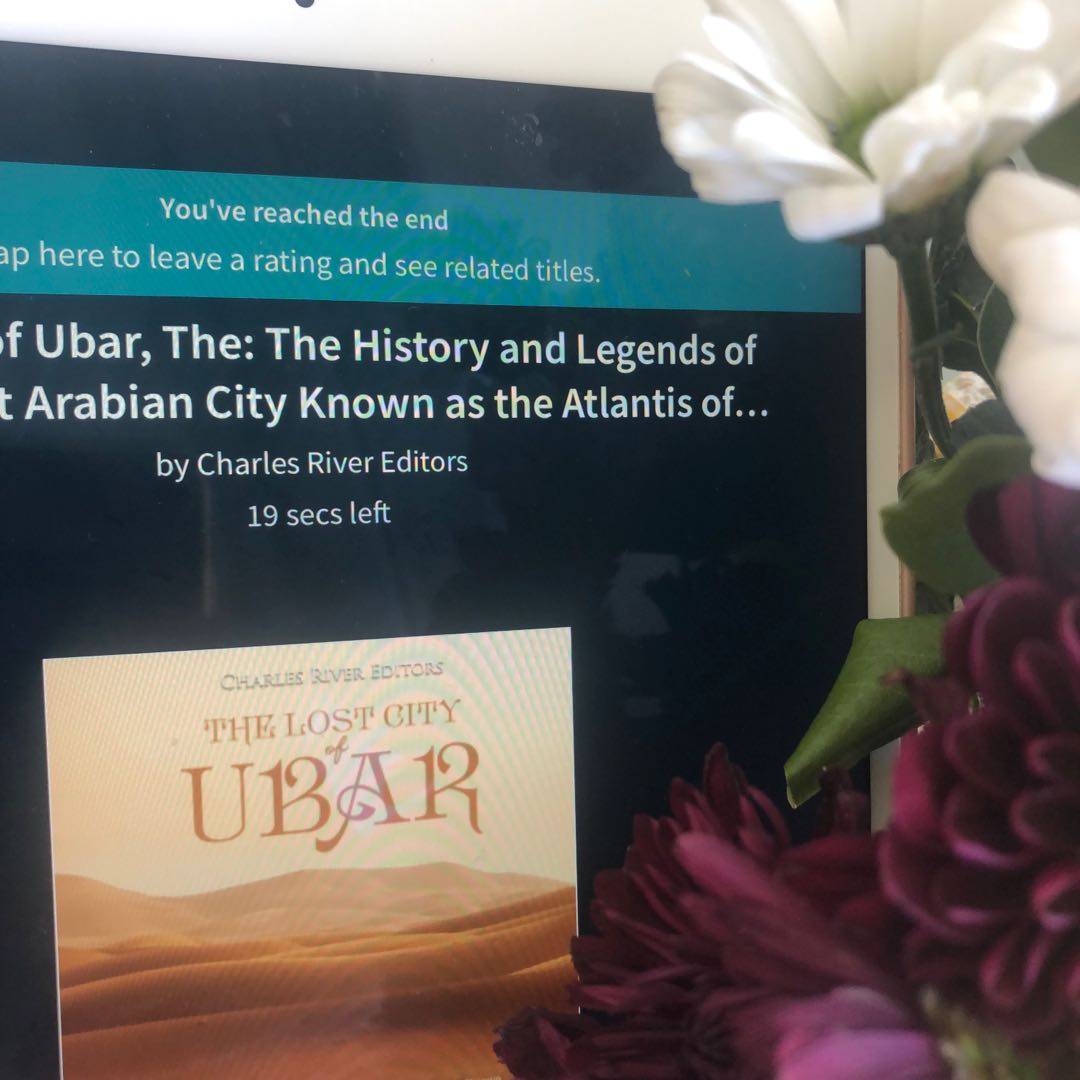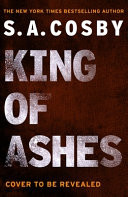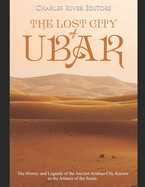Lost City of Ubar: The History and Legends of the Ancient Arabian City Known as the Atlantis of the Sands | Charles River Editors
*Includes pictures*Includes excerpts of medieval accounts*Includes a bibliography for further readingThe story of Atlantis has captured the minds and hearts of historians, scientists, artists, and writers for millennia, and yet, it never ceases to amaze people when told that the only literary evidence that exists comes from a single 4th century BCEE author. The Athenian philosopher Plato, famous for his dialogues in which the Socratic Method was invented, was the first writer to mention the mysterious continent of Atlantis. In his works Timaeus and Critias, Plato outlines the beginning of the story of Atlantis, but the Critias, where the longer and more detailed account takes place, was never finished and, therefore, has become the mysterious germ for millennia of thought.The annals of world history are filled with intriguing, although often outlandish stories of lost cities and kingdoms, and in addition to Atlantis, there are also Hyperborea, Shambhala, and Aztlan, to name just a few. Besides being cities and kingdoms that have been lost, often through some sort of catastrophe, all of these places are mentioned in religious texts or as part of a peoples' national history. They play a major role in the identity of certain groups, at least in how certain groups identify with these mythical places. Although many, if not all, of these locations are mythical, they may have been based on actual locations, even if modern scholars are yet to definitively discover any such places. One of these lost cities is that known as Ubar, Wabar or Iram, names which are all believed to refer to the same, possibly mythical, location. The city is mentioned as a den of iniquity that was destroyed by God, both in the Quran as well as the mythical Arabian Nights. As such, Ubar became a metaphor for how good Muslims should not act, and what could happen to non-believers, especially when allowed to congregate in a specific area. Later Islamic historians and geographers describe Ubar as being somewhere in the Arabian Desert, in what is today the nation-state of Oman. In modern times there were a few attempts to locate the lost city, but, for the most part, they were futile.Ubar and its location continued to fascinate people around the world, and it seemed as though its secrets would remain hidden beneath the Arabian sands until the 1980s, when a photojournalist named Nicholas Clapp became interested in the city. Clapp eventually turned his interest into a full-time endeavor to find Ubar and put together a team of adventurers and archaeologists, receiving funding from a number of different sources. Working backwards from the few scant historical and geographical accounts that portray Ubar as a prosperous city or kingdom in the centuries before Islam, Clapp and his team narrowed their search to a location on the edge of the Arabian Desert in the Dhofar region of Oman. It is there that they believed they found Ubar, which appeared to be a productive, wealthy, and growing city from the early 1st millennium BCEE until as late as the 6th century BCEE. Clapp received great fame for his discovery and recorded his journey in a book, even as some historians remained convinced that he had not actually discovered Ubar. In fact, some continue to believe that Ubar was a purely mythical place, even as others are convinced that it was a large, historical kingdom that remains lost.The Lost City of Ubar: The History and Legends of the Ancient Arabian City Known as the Atlantis of the Sands chronicles the origins of the city, the stories about it, the way the stories spread as they became more popular, and their impact on history. Along with pictures depicting important people, places, and events, you will learn about the Atlantis of the Sands like never before.



















